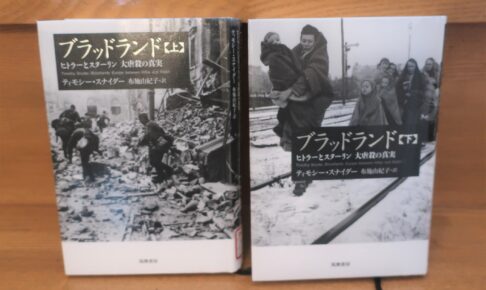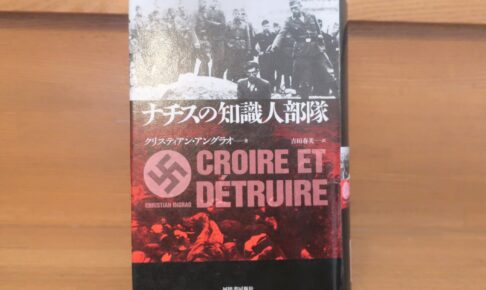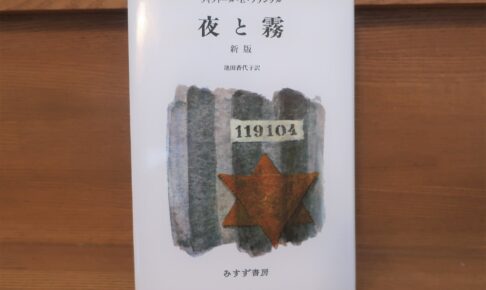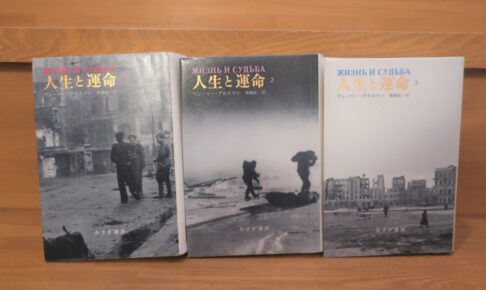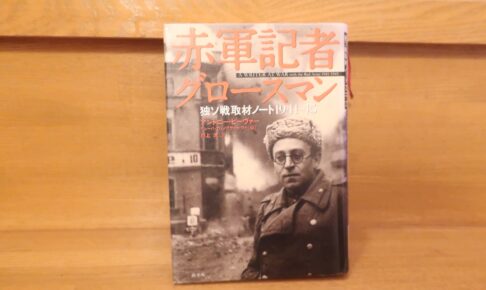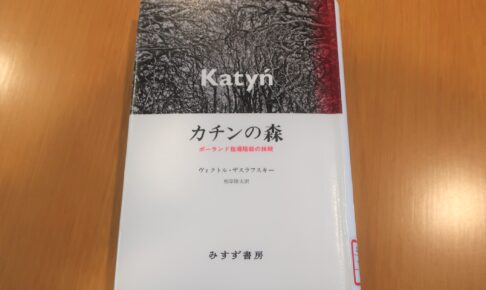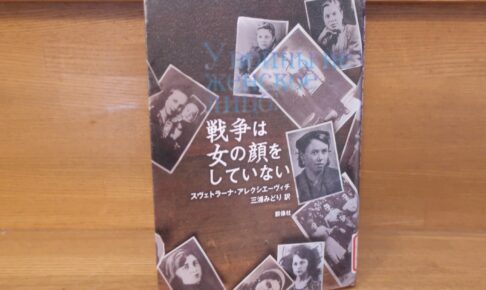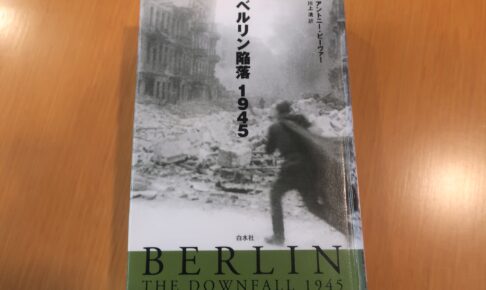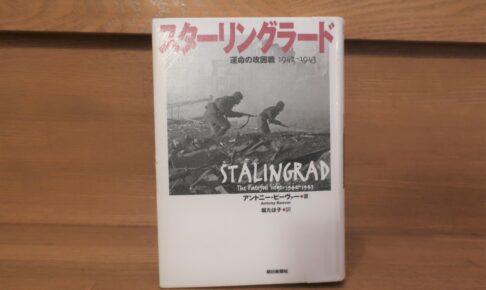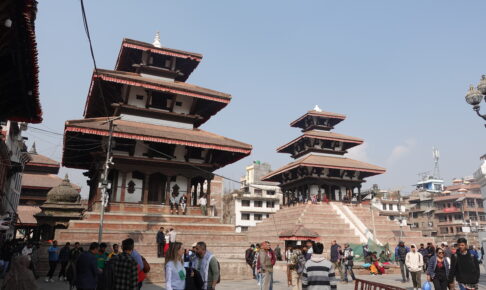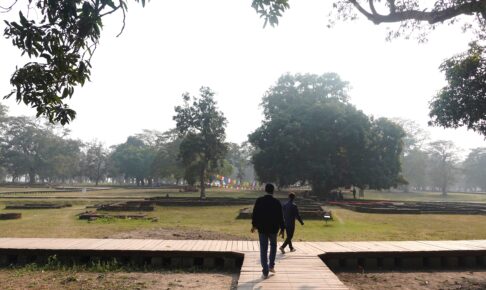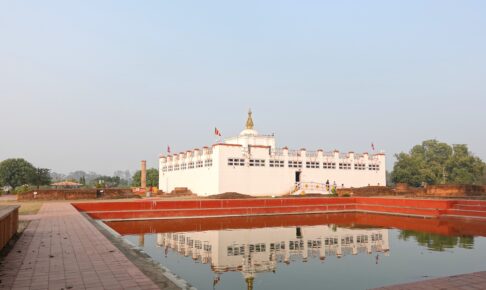(2) The Nazis and the Soviet Union, and the Covered-Up Crime Scene - History can only be grasped from a variety of perspectives.
Looking only at the history of one country does not give us a complete picture of the events that took place there.
This is a very important point. The author looks at the individual events of this period from many different angles. Instead of looking at historical events as dots, he looks at them as planes, that is, the complex world situation of the time.
While there are many works that study the Holocaust, few books discuss it from multiple perspectives in the context of the process of the struggle for hegemony with the Soviet Union and international affairs.
No matter how much knowledge you have about a single thing, that alone is not enough to understand history.
This is true not only for the genocide of Stalin and Hitler, but also for history, ideology, culture, religion, and everything else.
I think this point made by the author is a very important one.












